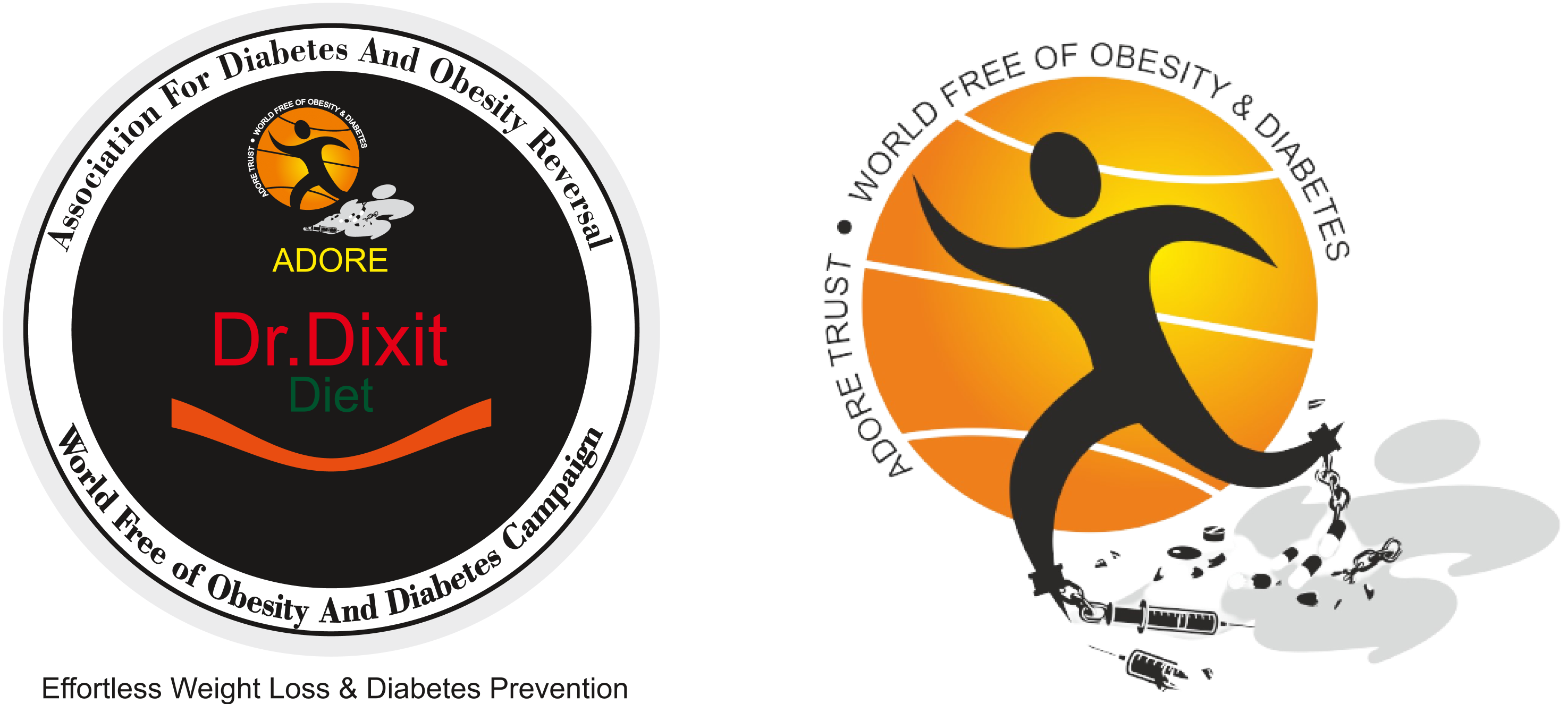Today’s Question: WHAT IS THE ACTION OF INSULIN?
Answer
Insulin is a hormone, meaning a chemical substance produced by a gland called pancreas in our body.
Insulin secretion is of two types: 1) Baseline secretion which is 18 to 32 units per day and it is essential for survival. We cannot stop this secretion. 2) Insulin is secreted due to every episode of eating.
We may eat various food items but the end products are only three namely glucose from carbohydrates, amino acids from proteins and fatty acids from oils and ghee.
Our body is made up of smallest units called cells like bricks in a wall of our home. Cells need energy for their functioning. For this mainly glucose and fatty acids are used by all cells. Only brain cells have to use glucose for energy.
After we eat and digest food, these three end products come in blood. Cells need glucose…but it cannot enter the cell on its own. There is a lock (technically we call it insulin receptor) on the cell. Insulin acts as a key to open this lock. Once insulin opens this lock, glucose enters the cells and is used for energy purpose. The only exception to this is brain cells that can use glucose without insulin.
If there is more glucose in blood after need of cells is satisfied, then insulin converts it into glycogen (a storage form of glucose: 100gm in liver and 500 gm in muscles). If there is still more glucose insulin converts it into fatty acids in liver and stores as fats in our body.
Insulin converts amino acids into various proteins needed by our body. It also converts fatty acids into fats and stores it in our body. You will understand that insulin is a saving hormone which stores energy. When insulin level is high, body uses glucose for energy and when insulin level decreases body uses fatty acids for energy! So to lose weight one must reduce insulin level in body and that can happen only by reducing eating frequency. Hence we recommend that one should eat twice in a day.
Excess insulin levels result in development of insulin resistance by the cells. In this the insulin cannot perform its function. When severe it results in diabetes.
